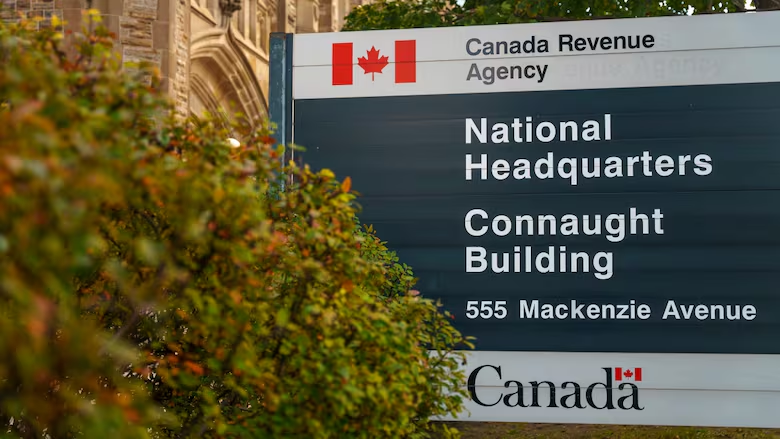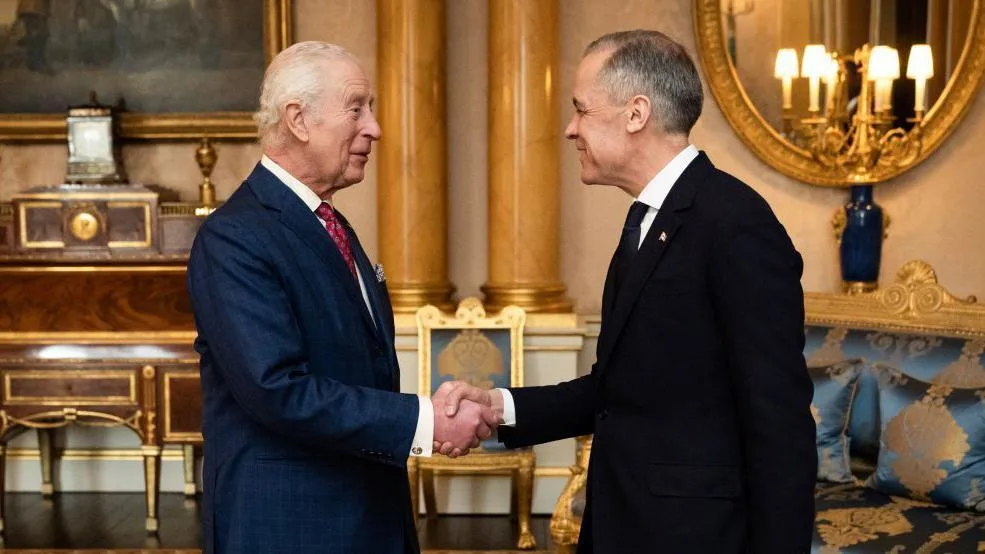Germany’s highest-ranking military officer, General Carsten Breuer, has issued a stark warning that Russia may launch a military attack on NATO territory by 2029 if the alliance fails to strengthen its defenses. His remarks, made during a security forum in Berlin and published on 2 June 2025, underscore mounting concerns among Western military leaders about the long-term threat posed by Moscow as the war in Ukraine drags on.
General Breuer, who serves as Inspector General of the Bundeswehr (Germany’s armed forces), said that intelligence assessments and strategic forecasting point to a narrowing window for NATO to bolster its deterrence capabilities. “We must prepare ourselves for the possibility that Russia could be capable and willing to test NATO’s resolve within the next four years,” he warned.
According to Breuer, Russia’s ongoing aggression in Ukraine and its recent rearmament efforts, including the expansion of its conventional and hybrid warfare capacities, suggest that Moscow may not stop at Ukraine’s borders. He emphasized that NATO member states, particularly those on the alliance’s eastern flank, need to prepare for scenarios involving direct confrontation.
“Russia is learning and adapting on the battlefield in Ukraine,” Breuer said. “If we do not take concrete action to strengthen our collective defense — in personnel, equipment, and readiness — we may find ourselves unprepared for what lies ahead.”
His comments come as Germany has been under increasing pressure from its allies to meet NATO’s defense spending benchmark of 2% of GDP. While Berlin has taken steps to boost military investment, critics argue the pace of modernization remains slow. Breuer’s remarks were widely interpreted as a call for urgency — not just in Germany, but across the alliance.
The general also pointed to the vulnerability of key NATO infrastructure, including cyber systems, satellite networks, and energy pipelines. He stressed that Russia’s doctrine of hybrid warfare — combining disinformation, cyberattacks, and covert operations with conventional military force — requires a “whole-of-society” response from NATO nations.
Estonian and Polish officials have echoed Breuer’s concerns, warning that the Baltic region, in particular, remains a likely flashpoint. With Russia still occupying roughly 20% of Ukrainian territory and refusing to engage in serious peace negotiations, NATO planners fear that Moscow may eventually look to challenge the alliance’s Article 5 security guarantees.
Responding to Breuer’s comments, NATO Secretary General Jens Stoltenberg reaffirmed the alliance’s commitment to collective defense. “We take any threat to our member states seriously and are continually reviewing our posture to ensure credible deterrence,” he said.
Germany’s defense ministry later issued a statement backing Breuer’s analysis and confirming that new strategic plans are being drawn up to prepare for a high-intensity conflict scenario. These include expanded training exercises, infrastructure upgrades, and closer integration with partner forces in Eastern Europe.
Military analysts say the 2029 timeline reflects a growing belief among NATO leaders that Russia’s military recovery and potential pivot toward new confrontational strategies could coincide with political shifts in the West, including electoral changes that might weaken NATO unity.
“With the U.S. elections in 2026 and the uncertain future of European defense cooperation, Russia may see a window of opportunity,” said Dr. Katarina Faber, a security expert at the Berlin Policy Institute. “That’s why leaders like General Breuer are sounding the alarm now.”
While there is no indication of an imminent threat, the warning from Germany’s top general has added urgency to ongoing debates about NATO’s future, defense spending, and strategic posture. As Europe braces for the potential long-term consequences of the war in Ukraine, many agree that readiness is no longer optional — it’s imperative.
Source; Estonian World



